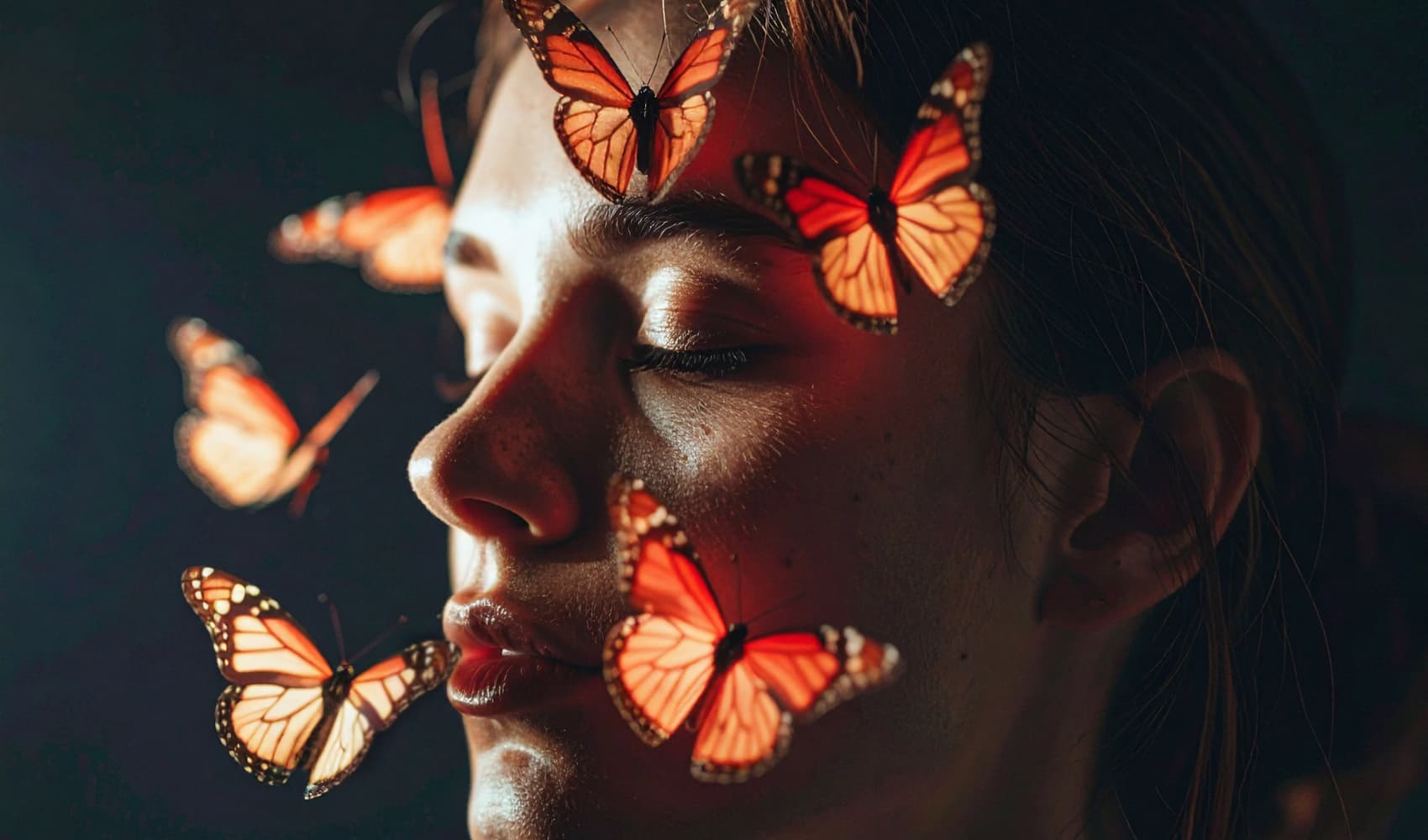AI Art on the Go! Adobe Firefly Mobile App Arrives
Adobe Firefly Goes Mobile: AI Image Wars Heat Up!
Introduction: The AI Art Arena Gets a New Contender
The world of AI-powered image generation is about to get a whole lot more interesting. Adobe, the king of creative software, is upping the ante in its rivalry with OpenAI by launching a mobile app for its Firefly AI image generator. That's right, soon you'll be able to conjure stunning visuals from the palm of your hand! But is this just a response to OpenAI's recent moves, or something more? Let's dive in!
Adobe's Mobile Firefly: Art on the Go
Adobe announced that Firefly will be hitting iOS and Android devices "soon," though a specific release date remains shrouded in mystery. Think of it: creating breathtaking images on your commute, while waiting in line, or even just lounging on the couch. The possibilities are truly endless! This accessibility is a game-changer for creative professionals and hobbyists alike.
New Models: Firefly Image Model 4 and Beyond
But that's not all! Adobe also unveiled its latest AI models: Firefly Image Model 4 and the even more impressive Firefly Image Model 4 Ultra. These new models promise enhanced realism, better detail, and even more creative control. Plus, their Firefly Video Model is now generally available. So, get ready for a visual feast!
What Makes Firefly Image Model 4 Special?
We're talking photorealistic images, intricate details, and a level of artistic control that puts you firmly in the driver's seat. Think of it as having a virtual art studio in your pocket, ready to bring your wildest visions to life. I mean, who wouldn't want that?
Firefly Video Model: A New Era of AI-Powered Video Creation
Forget spending hours editing videos. Firefly Video Model offers a streamlined approach to video creation and manipulation. It’s now generally available, and promises to change how we approach video projects. This is a massive step forward for Adobe and the creative community.
OpenAI's Rise: A Challenger Appears
The tech world never stands still, and in the AI arena, OpenAI is making serious waves. Their recent introduction of a native image generation feature that went viral online proves they're a force to be reckoned with. This feature has gained massive popularity with its ease of use and the stunning results it delivers.
What Makes OpenAI's Image Generation So Popular?
It's all about ease of use and speed. OpenAI's approach allows you to generate images with simple text prompts, and the results are often mind-blowing. The speed and simplicity have captured the attention of millions.
Adobe vs. OpenAI: The AI Image Showdown
The rivalry between Adobe and OpenAI is intensifying, and it's a good thing for consumers. Competition drives innovation, pushing both companies to develop even better AI image generation tools. This competition ultimately benefits us, the users.
Why Mobile Matters: Accessibility and Convenience
Launching a mobile app for Firefly is a strategic move by Adobe. It opens up the power of AI image generation to a much wider audience. No longer are these tools confined to desktop computers. Now, anyone with a smartphone can become an AI artist.
The Future of Creative Software: AI Integration
AI is rapidly transforming the creative landscape. Software like Firefly is no longer just about providing tools; it's about augmenting human creativity with the power of artificial intelligence. AI integration is not just a trend; it's the future.
Ethical Considerations: AI and Art
As AI becomes more prevalent in creative fields, ethical considerations become increasingly important. Questions about copyright, originality, and the impact on human artists need to be addressed. Adobe is actively working on responsible AI practices, ensuring that Firefly is used ethically and transparently.
Transparency and Content Credentials
Adobe is committed to transparency in AI image generation. They're implementing content credentials to help users understand where images came from and whether they were generated by AI. This is crucial for building trust and ensuring responsible use of AI.
Beyond Image Generation: Adobe's Broader AI Vision
While Firefly is focused on image generation, Adobe's AI ambitions extend far beyond that. They're integrating AI into various creative tools, automating tasks, enhancing workflows, and empowering users to achieve more.
The Impact on Graphic Designers and Artists
How will AI impact the jobs of graphic designers and artists? It's a complex question, but most experts believe that AI will augment, not replace, human creativity. AI can handle repetitive tasks, allowing designers to focus on higher-level creative work.
Getting Started with Adobe Firefly: Tips and Tricks
Want to dive into the world of AI image generation with Firefly? Here are a few tips to get you started:
- Experiment with different prompts. The more specific you are, the better the results will be.
- Explore different styles and settings. Firefly offers a wide range of options to customize your images.
- Don't be afraid to iterate. AI image generation is an iterative process, so keep experimenting until you get the results you want.
User Experience: What to Expect from the Mobile App
While we haven't seen the final version of the mobile app, we can expect a user-friendly interface, seamless integration with other Adobe products, and powerful AI capabilities. Adobe is known for its intuitive design, so we can anticipate a smooth and enjoyable user experience.
Pricing and Availability: What We Know So Far
Adobe has yet to announce the pricing structure for the mobile Firefly app. It's likely that it will be offered as part of a Creative Cloud subscription, or potentially as a standalone product. Stay tuned for more details as they become available. But keep in mind the mobile access will definitely make AI more accessible to the users.
Conclusion: The AI Art Revolution is Here
Adobe's launch of a mobile Firefly app marks a significant step in the AI image generation landscape. The competition with OpenAI is heating up, and consumers will benefit from the rapid innovation that results. With AI becoming increasingly integrated into creative workflows, the future of art is looking brighter – and more accessible – than ever before. So buckle up, because the AI art revolution is here!
Frequently Asked Questions
- When will the Adobe Firefly mobile app be released?
Adobe has announced that the mobile app will be released "soon," but a specific date has not yet been announced. Keep an eye on Adobe's website and social media channels for updates. - Will the Firefly mobile app be free?
The pricing structure for the mobile app has not yet been revealed. It is likely that it will be offered as part of a Creative Cloud subscription, or potentially as a standalone product. - What are the key differences between Firefly Image Model 4 and previous versions?
Firefly Image Model 4 offers enhanced realism, better detail, and more creative control compared to previous versions. It also incorporates improved understanding of natural language prompts. - Is it ethical to use AI-generated images?
Ethical considerations are important when using AI-generated images. It's crucial to be transparent about the use of AI and to respect copyright laws. Adobe is actively working on responsible AI practices to address these concerns. - Can I use AI-generated images for commercial purposes?
The terms of use for AI-generated images vary depending on the platform you're using. Be sure to review the terms and conditions of Adobe Firefly to understand the permitted uses of the images you create.

